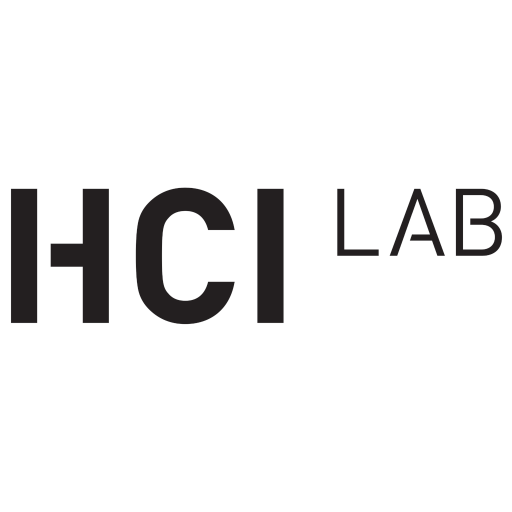Current Projects
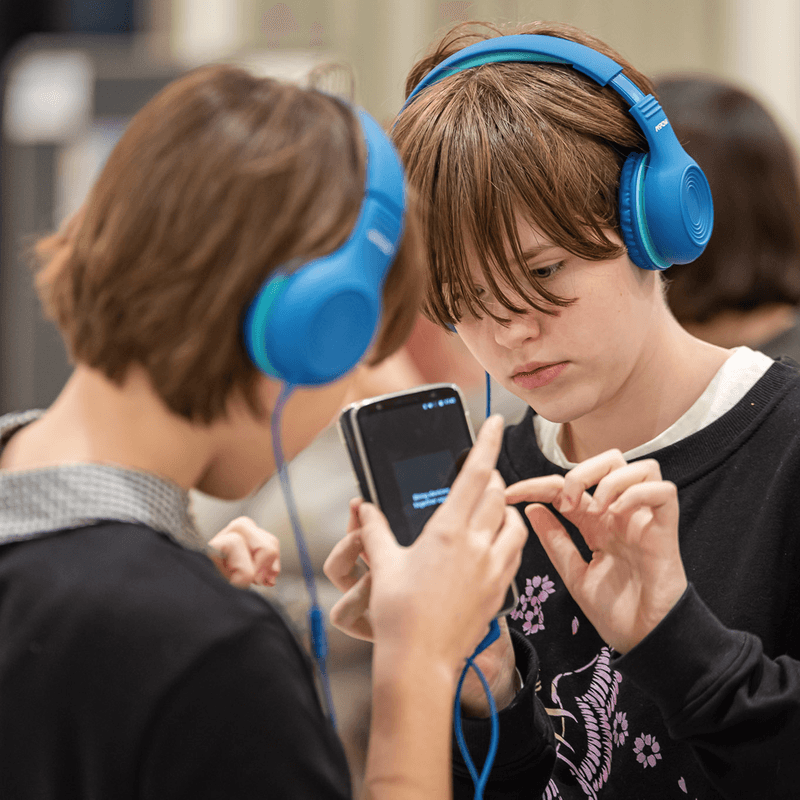
Augmented Social Play (ASP): smartphone-enabled group psychotherapeutic interventions that boost adolescent mental health by supporting real-world connection and sense of belonging
This project will develop Augmented Social Play (ASP), a new digital intervention format which uses smartphones to deliver real-world face-to-face group psychotherapeutic experiences, and create supportive communities. Augmented Social Play combines creative storytelling, contemporary technology, and evidence-based psychology to deliver Augmented Reality-facilitated, face-to-face collaborative experiences which boost mental health by providing insight into alternative perspectives, reducing stigma, increasing group cohesion, and encouraging positive peer relations – fostering a greater sense of belonging and connectedness.
Funding: European Union
ID: 101080665
Duration: 2023 – 2027
web: augmentedsocialplay.com
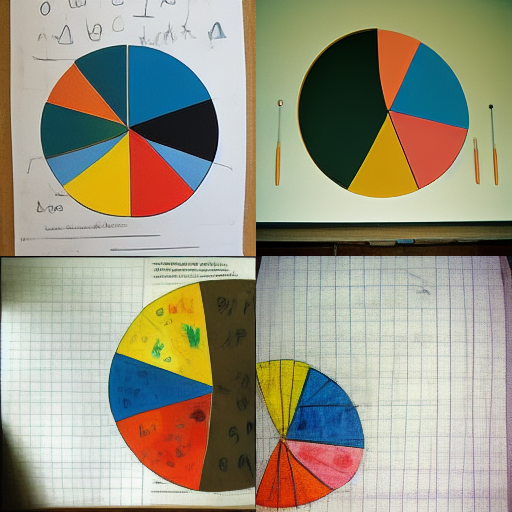
Vis4Schools: Fostering Information Visualization Literacy in Schools
This research project aims to explore how digital learning materials need to be designed and which pedagogical methods are best suited to raise the level of visualization literacy (i.e., constructing and interpreting data visualizations) in school education. We tap into the power of visualization grammars that formally describe the visual mapping and data transformation processes and enable a (semi-)automated creation of learning materials.
Funding: GAČR
ID: GF22-06357L
Duration: 2022 – 2026
Selected Past Projects
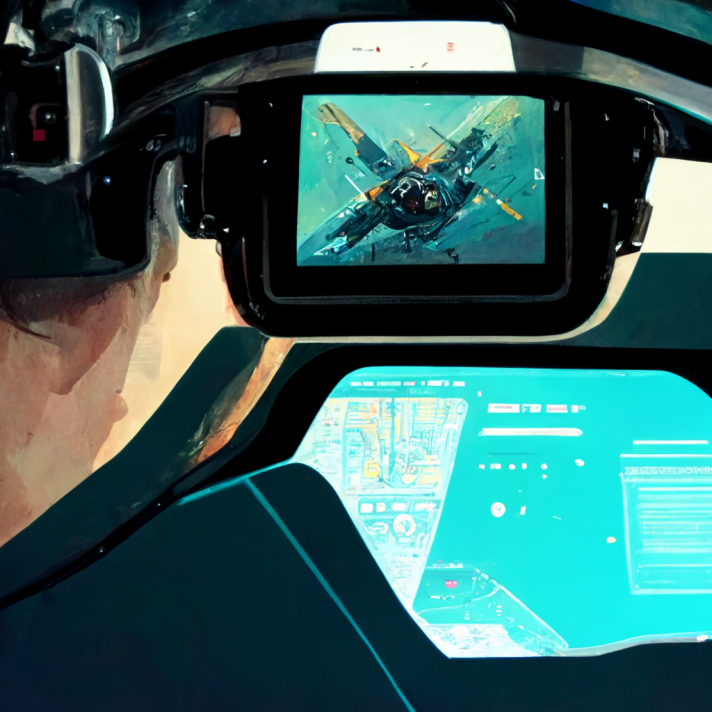
Augmented Reality Googles: Flight support for ultralight pilots
The project aims to develop a software application for existing hardware – augmented reality glasses (AR glasses) as an advanced form of flight support for pilots of ultralight aircraft (ULL). The AR glasses technology allows information to be displayed directly into the pilots’ field of view or projected onto the glasses.
The goggles can display key parameters (speed, altitude, angle of descent, deviation of the aircraft from the axis of the airport) during a critical phase of flight (e.g., landing). It is also possible to set up warning displays in case one of the key parameters for a given aircraft type has been exceeded (e.g., landing speed. The pilot literally has all the critical information in front of his eyes and does not lose contact with the terrain.
Funding: Technology Transfer Office, Masaryk University
ID: MUNI/33/03202007/2020
Duration: 2020 – 2022
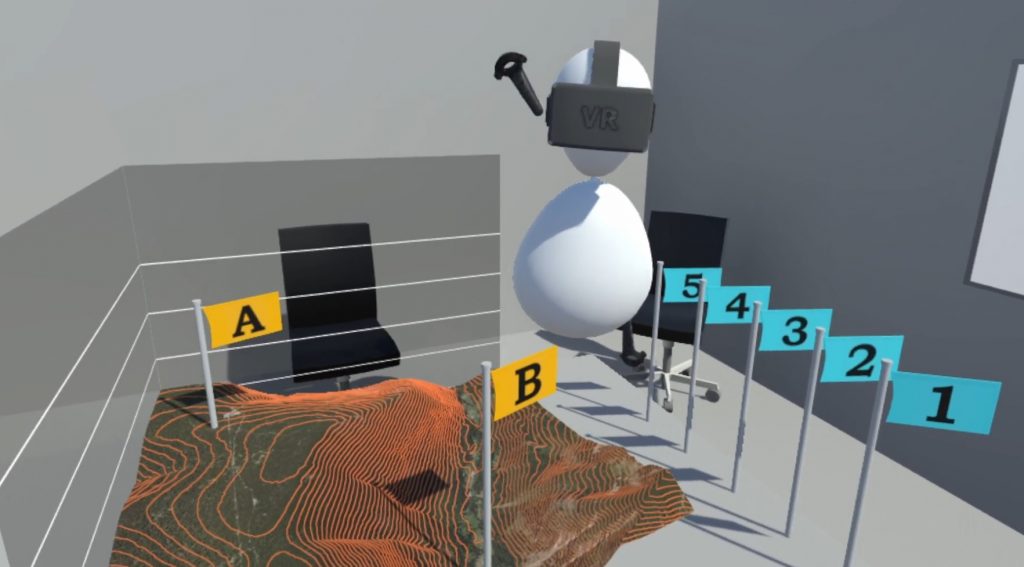
Education in Collaborative Virtual Environment
Project aim to design, develop and test collaborative virtual environment for education, where more (physically remote) users can share the same virtual environment. Modular system will support scenarios from various field of education, namely from geography and foreign languages. A user study, testing the effectiveness of education in VR will be part of the project.
Funding: TAČR ÉTA
ID: TL03000346
Duration: 2020 – 2023
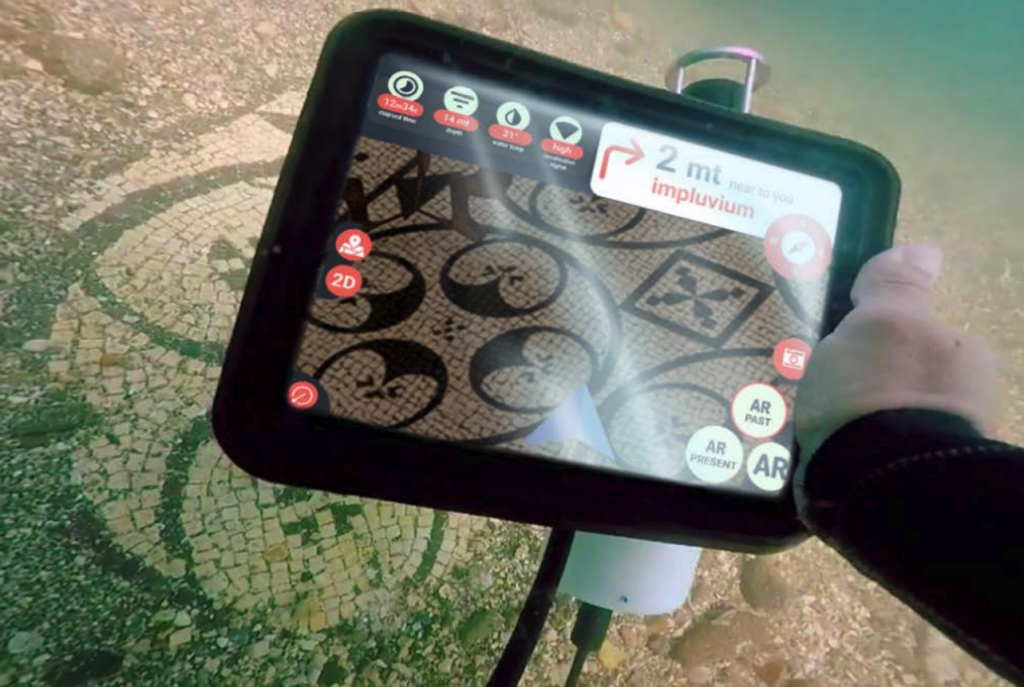
iMareCulture – Advanced VR, iMmersive serious games and augmented reality as tools to raise awareness and access to European underwater Cultural heritage
Project’s iMareCulture scope is to raise public awareness of European identity by focusing in maritime cultural heritage, which by default bridges different civilizations. In particular, iMareCulture aims in bringing inherently unreachable underwater cultural heritage within digital reach of the wide public by implementing virtual visits, serious games with immersive technologies and underwater augmented reality. Scope of the project is to design, analyze, develop and validate pioneer applications and systems in the context of Virtual Museums.
Funding: H2020-SC6
ID: 727153
Duration: 2016 – 2019
web: imareculture.eu
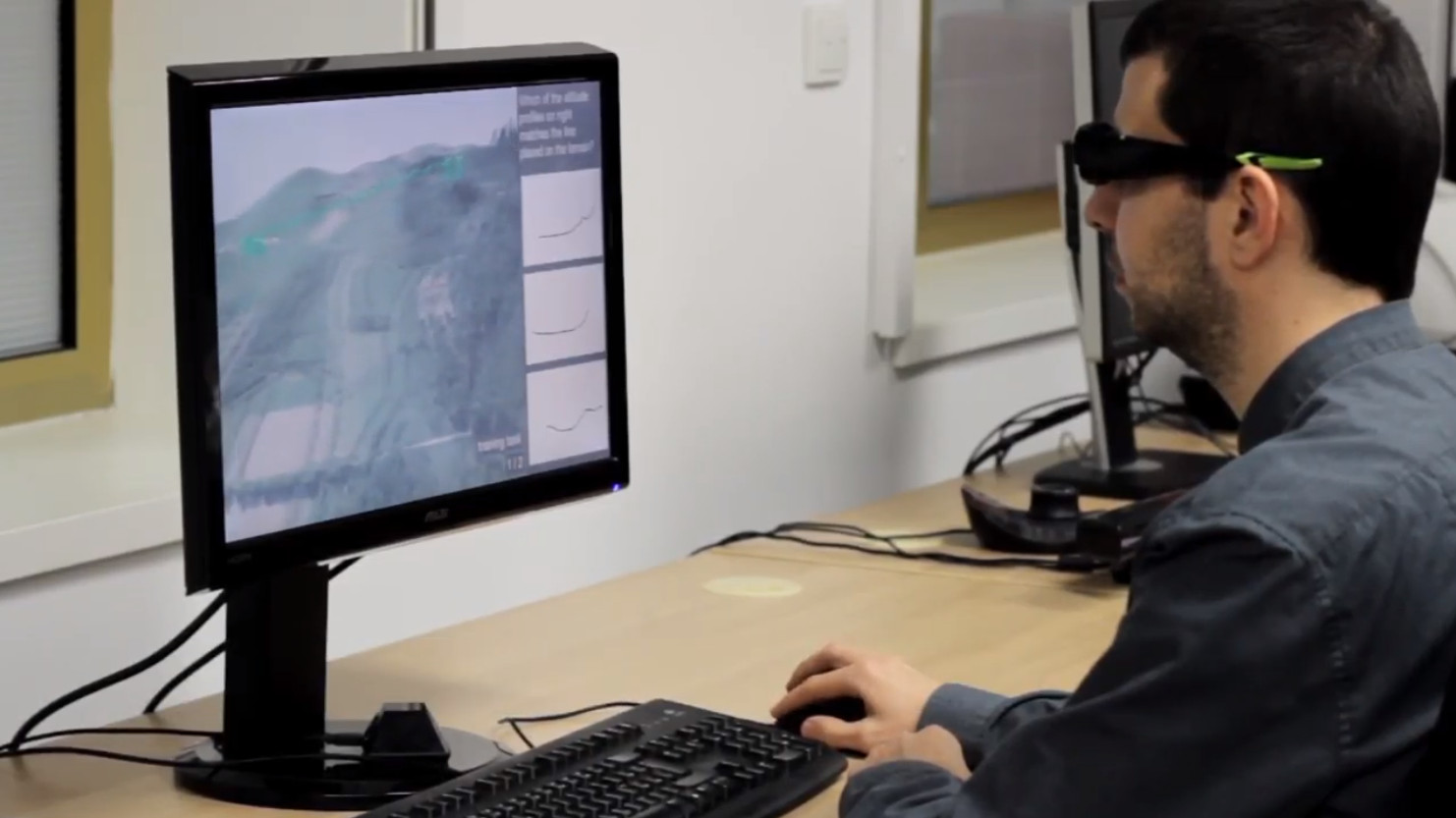
Influence of cartographic visualization on solving practical and instructional space tasks
The project seeks the answers to questions about how the different characteristics of models and different user interfaces influence the effectiveness of “communicating information” — e.g. the degree of understanding, the effectiveness of learning and follow-up decisions when solving experimental tasks. The research is focused on basal cognitive processes and behavioral research on more complex levels in the perspective of pedagogical sciences.
Funding: Grant Agency MU – Interdisciplinary Research Projects
ID: MUNI/M/0846/2015
Duration: 2016 – 2018
web: carto4edu.ped.muni.cz
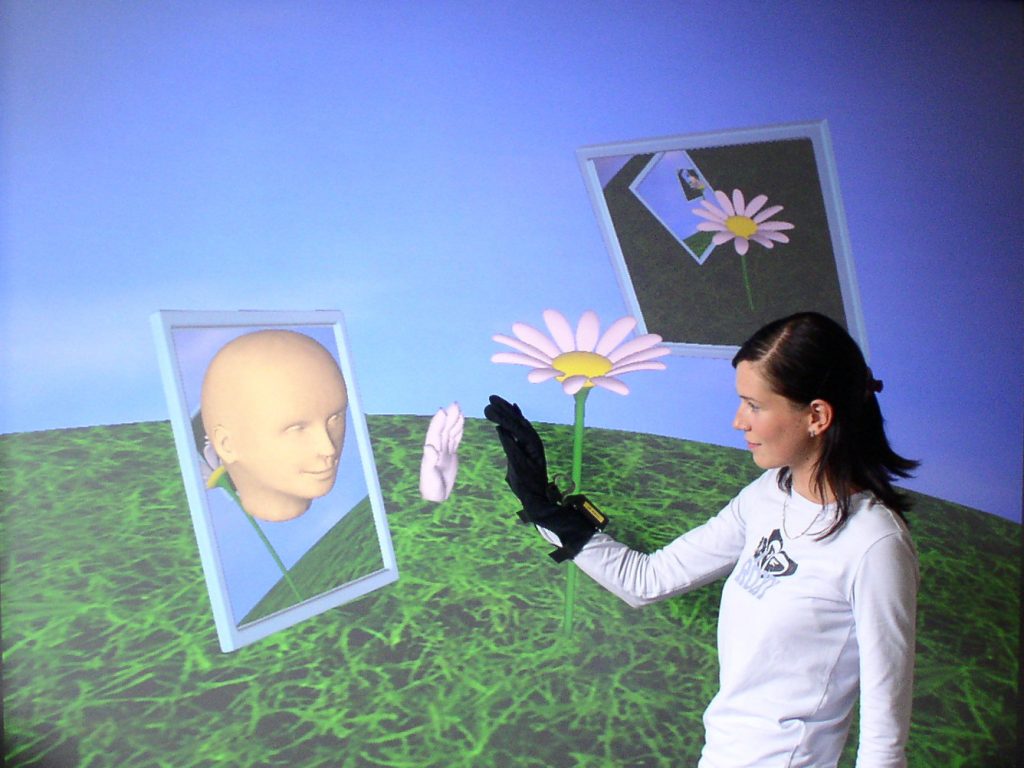
Vrecko
Vrecko is a programming framework for creating virtual environment applications. The main goal has been to create a framework which would allow users to easily create applications and implement experiments in the field of human-computer interaction and computer graphics.
Duration: 2003 – 2014
web: vrecko.cz
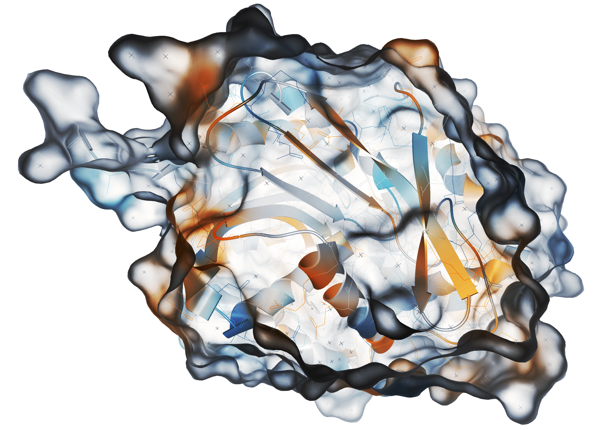
Caver
CAVER is a software tool for analysis and visualization of tunnels and channels in protein structures. Tunnels are void pathways leading from a cavity buried in a protein core to the surrounding solvent. Unlike tunnels, channels lead through the protein structure and their both endings are opened to the surrounding solvent. Studying of these pathways is highly important for drug design and molecular enzymology.
Duration: 2009 – 2018
web: caver.cz
